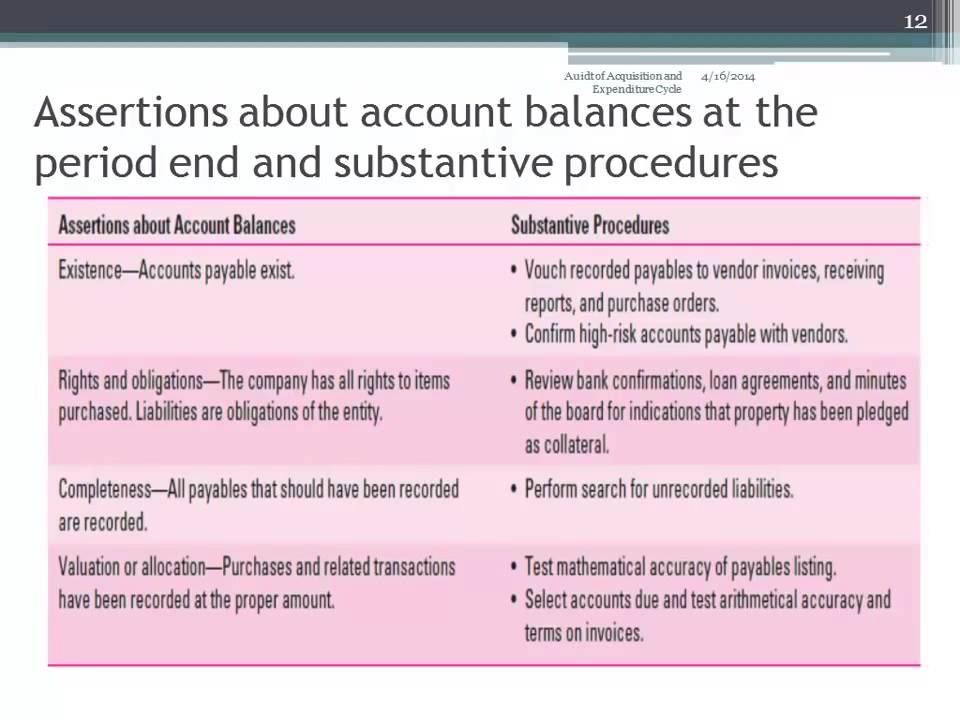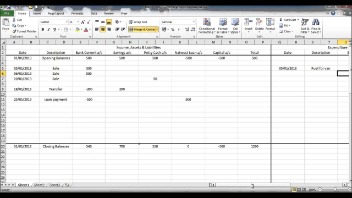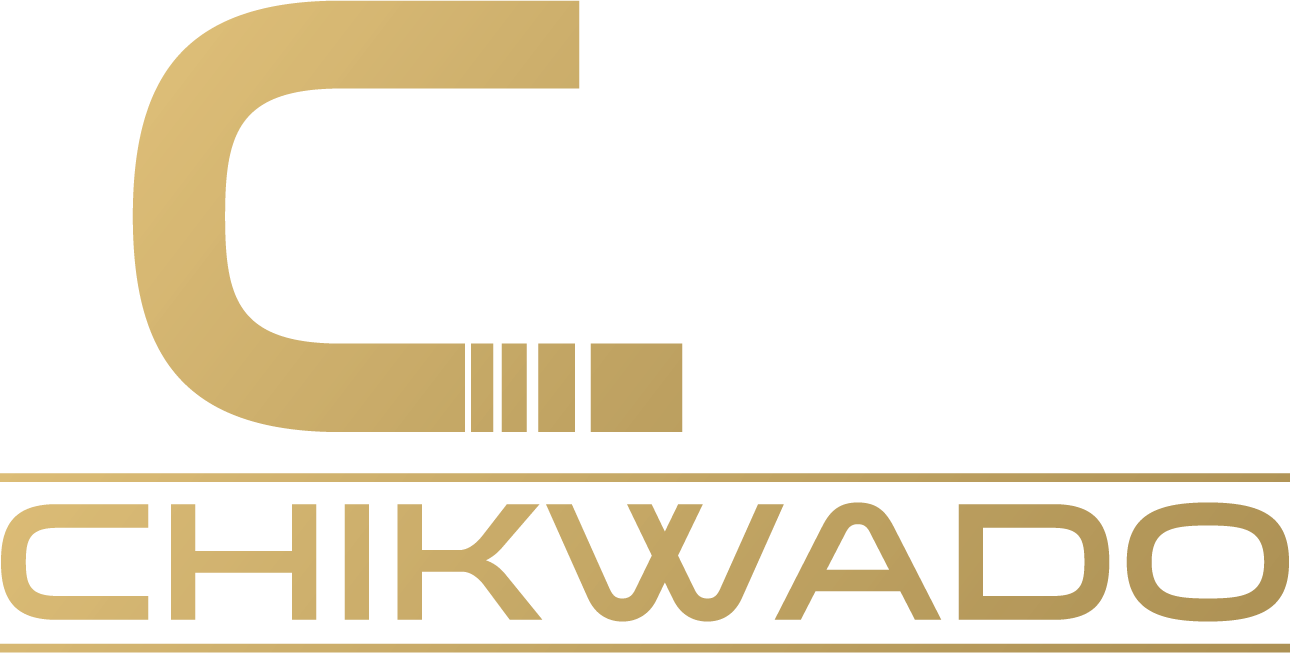
With Live Assisted, you’ll be able to connect with a bookkeeper to ask questions and receive guidance on how to do your books yourself. Full-service bookkeeping will match you with a bookkeeper who job cost sheet definition does your books for you, using the Quickbooks platform. Your bookkeeper might also prepare other auxiliary reports for your business, like accounts payable and accounts receivable aging reports.
Computer Bookkeeper Example Responsibilities.
Bookkeepers who excel at their jobs are also sometimes promoted to accounting positions, even if they lack the level of education the company typically prefers. Your business’s accounting needs might not require the in-depth expertise of a hired professional. https://www.kelleysbookkeeping.com/how-to-deduct-personal-appearance-expenses/ You might also be watching your company’s list of expenses and wondering where to reduce spending. In either case, consider handling the accounting yourself or delegating this responsibility to one or a few of your current employees.

Critical Differences Between Tax Preparers and CPAs
They must also keep their certifications current, which means they will be up to date on the latest federal, state and local tax laws that can affect your business. At first glance, accounting and bookkeeping may seem very similar, but they each encompass different activities. To contrast bookkeeping and accounting, we’ve outlined the main differences in the chart below. Accountants and bookkeepers work with numbers and financial data all day long. This is the equivalent of around $45,000 per year, assuming a 40-hour workweek. The advantage of hourly pay is you receive 1.5 times your average wage for hours worked more than 40 per week.
Accountant vs bookkeeper? Which should you hire
A bookkeeping expert will contact you during business hours to discuss your needs. Conversely, preparers with unlimited representation have broader qualifications that allow them to represent new clients and handle audits or appeals on their behalf. This expanded scope means a higher level of knowledge and professional reputation. The views expressed here are those of the individual AH Capital Management, L.L.C. (“a16z”) personnel quoted and are not the views of a16z or its affiliates.
They should understand your industry and the unique needs and requirements of small businesses. Bookkeeping, in the traditional sense, has been around as long as there has been commerce ― since around 2600 B.C. A bookkeeper’s job is to maintain complete records of all money that has come into and gone out of the business.
- As a business owner, you can accomplish these tasks with bookkeeping software, or you can hire a bookkeeper to do them for you.
- In general, a bookkeeper’s role is to record transactions and keep you financially organized, while accountants provide consultation, analysis, and are more qualified to advise on tax matters.
- This includes quality control steps like bank reconciliation to double-check the data is correct.
- When deciding whether you should hire an accountant vs a bookkeeper, the answer will depend on what kind of help your business needs.
- Enrolling in one of the best online bookkeeping classes is a smart way for those interested in this career to bolster their existing financial knowledge.
Differences Between Bookkeeping and Accounting

Typically, bookkeepers aren’t required to have any formal credentials or licenses. To be successful in their work, bookkeepers need to be sticklers for accuracy, and knowledgeable about key financial topics. Usually, the bookkeeper’s work is overseen by either an accountant or the small business owner whose books they are doing. Bookkeepers and accountants sometimes do the same work, but have a different skill set.
Bookkeepers aren’t required to be certified to handle the books for their customers or employer but licensing is available. Both the American Institute of Professional Bookkeepers (AIPB) and the National Association of Certified Public Bookkeepers (NACPB) offer accreditation and licensing to bookkeepers. Bookkeeping is the process of recording daily transactions in a consistent way, and is a key component to gathering the financial information needed to run a successful business. Individuals with extensive education and advanced degrees in accounting are recognized as certified public accountant (CPA), distinguished for their accredited expertise. While proper information might help a tax preparer maximize outcomes, going through chaotic data can be costly and time-consuming. While the basics of accounting haven’t changed in over 500 years, the practice of bookkeeping has.
There are no formal educational requirements to become a bookkeeper, but they must be knowledgeable about financial topics and accounting terms and strive for accuracy. A bookkeeper is not an accountant, nor should they be considered an accountant. Each sale and purchase your business conducts must be recorded in the ledger and some items will need documentation.
CPAs are trained on the latest tax laws and regulations, which can be too complex for a business owner to implement on their own. Accountants are qualified to create financial statements for both employees and investors. They may also create budgets, help business owners plan ahead, and provide specific tax advice.
While only 30% of small businesses surveyed reported working with an accountant, those who do cite accountants as their most important advisors. Generally, while both occupations have common goals and tasks, they support businesses in different ways and at different phases of the financial cycle. In light of the above discussion, it can be established that there is a usual overlapping between the roles of a bookkeeper and an accountant. As a financial auditor, you may work as an external or internal auditor. If you are an external auditor, you will most likely have a job at a public accounting firm, and you will need to have a CPA license, plus a college degree, and often a master’s degree. There are critical differences in job growth and salaries between the two.
The best bookkeepers and accountants work with you, giving you visibility into your finances and helping you get a better understanding of your company. In the U.S., certified public accountants (CPAs) are accountants who have specific training and education and pass a rigorous exam on business and accounting concepts and regulations. Accountants must have at least a bachelor’s degree and most have logged at least 150 credit hours of accounting and business courses. Since most bachelor’s degrees only provide 120 hours of course credit, many accountants complete a master’s degree as well. They also need hands-on experience through internships and other professional opportunities. The most accepted definition of an audit is given as an evaluation of a personal organization, process, system, or business.
If you didn’t receive an email don’t forgot to check your spam folder, otherwise contact support. You will receive an email message with instructions on how to reset your password. In addition, https://www.simple-accounting.org/ you must be a member of the Association of Certified Fraud Examiners. In most cases, employers want to hire someone with a bachelor’s degree, and a master’s degree may help boost your earnings.






